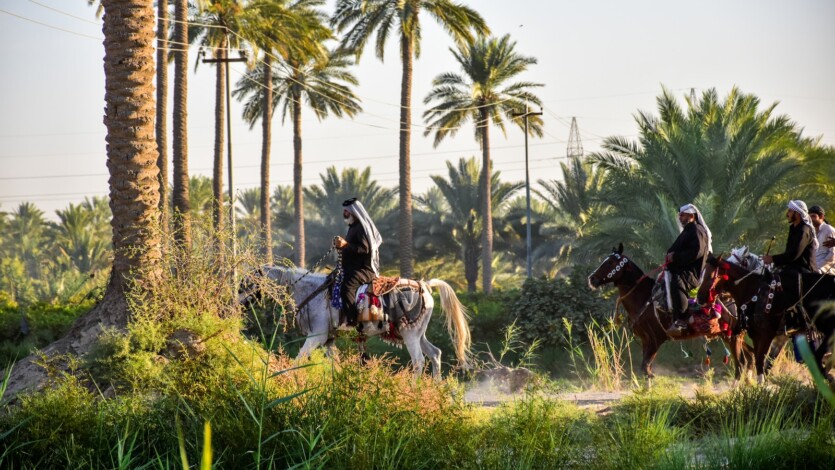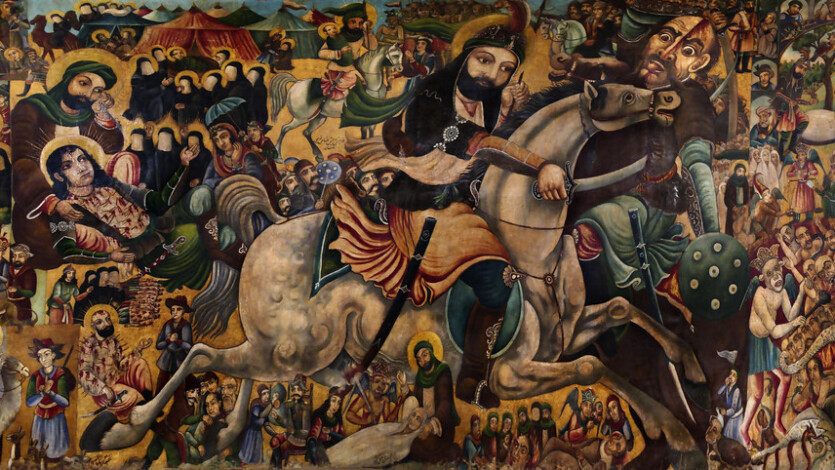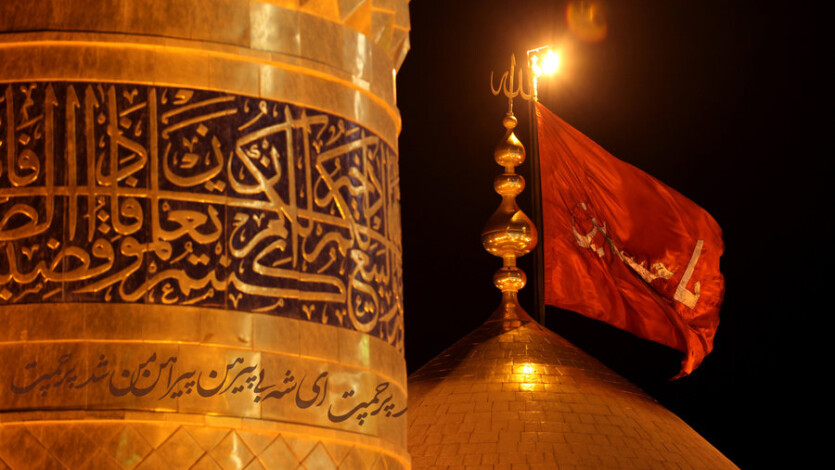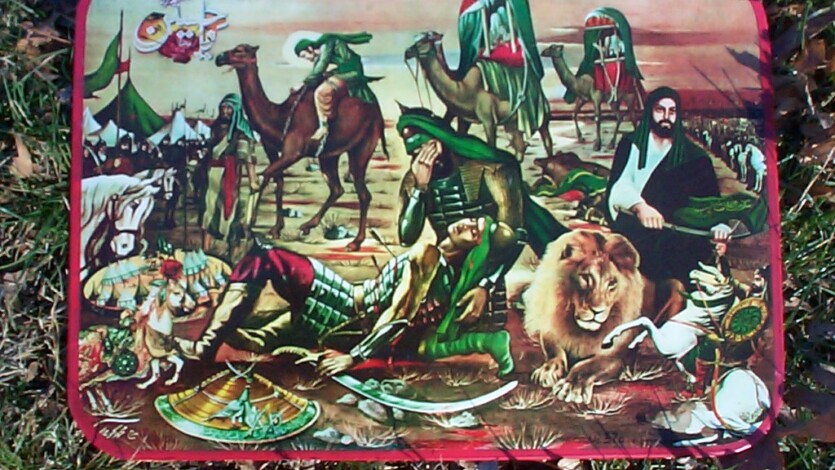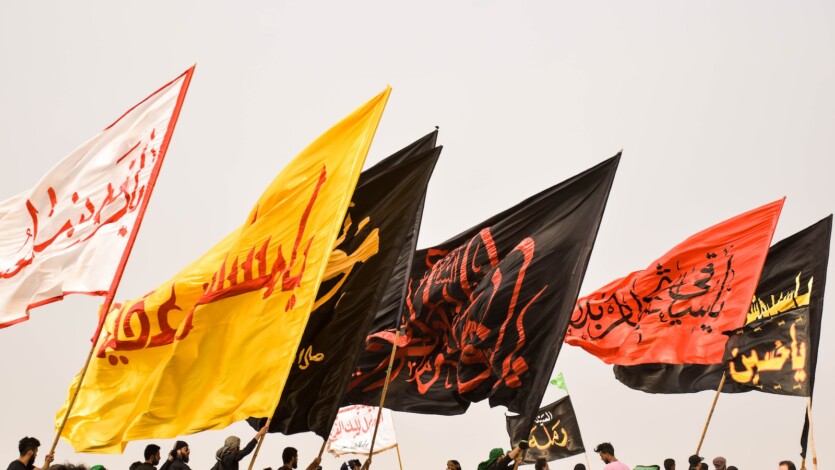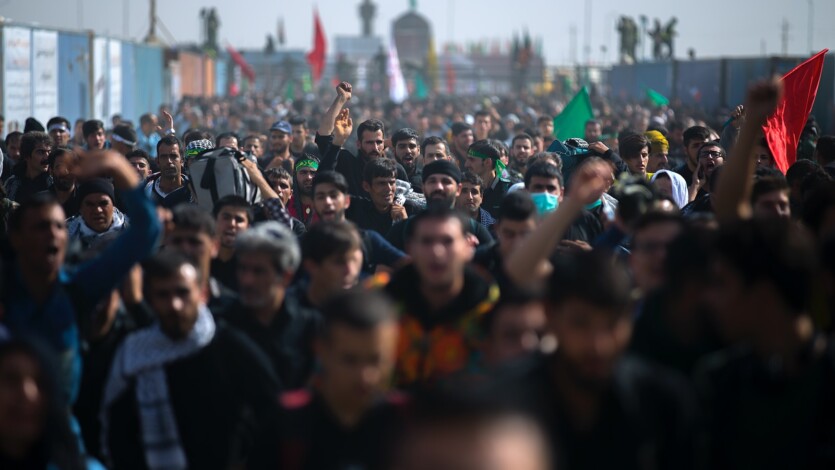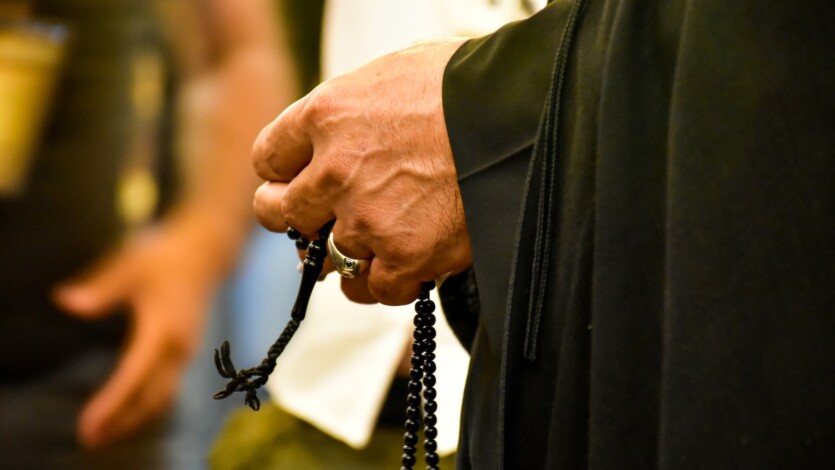On the 7th of Muharram during the events of the Battle of Karbala in 680 CE, the forces of Yazid ibn Muawiya, led by Umar ibn Sa’d, did indeed block the supplies of water to Imam Hussain (AS) and his family and companions. Imam Hussain (AS) and his followers, who numbered a few dozen against a much larger army, faced a severe siege in Karbala. The forces loyal to Yazid intentionally cut off their access to water in an attempt to weaken their resolve and force them to surrender. This act of blocking the water supply to the Imam’s camp…
